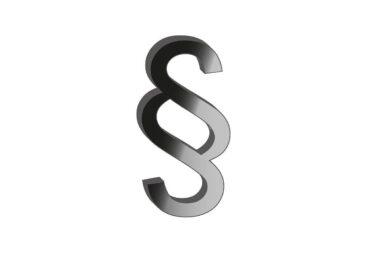NAV: a license is not required for the non-commercial transport of excise goods in the EU
The National Tax and Customs Administration (NAV) told MTI on Tuesday that a private person does not need a permit for the non-commercial transport of excise goods – such as alcohol, cigarettes, fuel – within the European Union.

For excise goods, the non-commercial quantity limit is, for example, 800 cigarettes, 200 cigars, 110 liters of beer or, for example, 90 liters of wine or champagne. In addition to the fuel in the factory fuel tanks of private cars and motorcycles, a maximum of 10 liters of fuel per vehicle can be imported and exported. However, in addition to the quantities, several other conditions can determine whether the excise goods in the luggage are for a private person’s own – non-commercial – use. For example, the method of delivery, the nature of the product, and the available invoice or receipt for the product.
From the point of view of the import rules, it doesn’t matter how people from outside the EU travel to Hungary, because over the age of 17, for example, 200 cigarettes by air, 40 cigarettes by other means, 16 liters of beer, and 4 liters of wine can be brought in duty- and tax-free. With the exception of alcohol and tobacco products, various goods worth 430 euros by air and 300 euros by road and rail can be imported duty- and tax-free.
Related news
NAV: a large quantity of smuggled cigarettes, tobacco and alcohol was found in a house in Debrecen
🎧 Hallgasd a cikket: Lejátszás Szünet Folytatás Leállítás Nyelv: Auto…
Read more >NAV: the deadline for paying the food chain supervision fee is approaching
🎧 Hallgasd a cikket: Lejátszás Szünet Folytatás Leállítás Nyelv: Auto…
Read more >Related news
40 secure jobs, sustainable solutions – new BURGER KING® in Csepel
🎧 Hallgasd a cikket: Lejátszás Szünet Folytatás Leállítás Nyelv: Auto…
Read more >Hétéves növekedési stratégiát jelentett be az Auchan
🎧 Hallgasd a cikket: Lejátszás Szünet Folytatás Leállítás Nyelv: Auto…
Read more >(HU) METRO Gasztro Fesztivál a SIRHA Budapesten – Élmény, inspiráció és valódi megoldások a HoReCa-szakmának
🎧 Hallgasd a cikket: Lejátszás Szünet Folytatás Leállítás Nyelv: Auto…
Read more >







